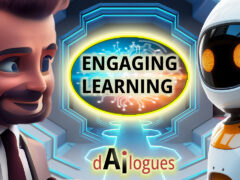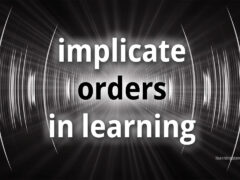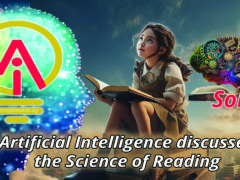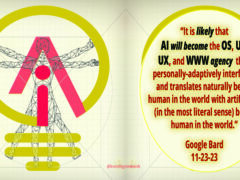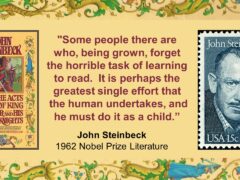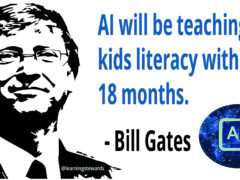Throughout the following conversation please filter your responses through our previous agreements: Children can’t help but learn to become adults Learning is not just “a” central focus; it is “the” central dynamic of being human, encompassing every aspect of our existence and development. Because nothing within a child’s potential agency is (or can be) more […]
